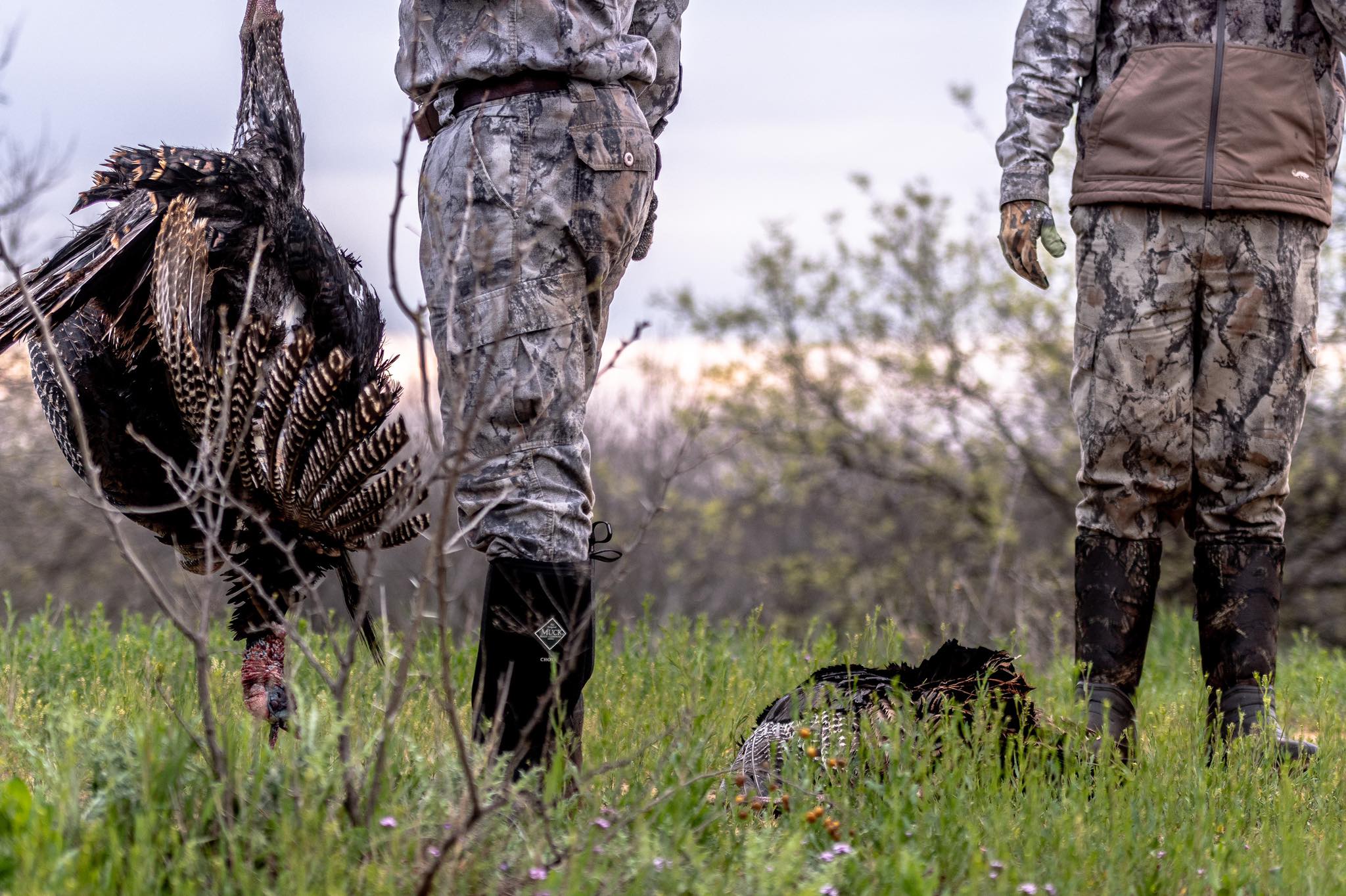Hunting is both an art and a science. It requires patience, strategy, and a deep understanding of the environment and the game you’re after. Even experienced hunters can make mistakes that cost them a successful hunt — or worse, compromise their safety. By recognizing these common pitfalls and knowing how to avoid them, you can improve your success rate and enjoy a safer, more rewarding hunting experience. Let’s break down the five most common hunting mistakes and how to avoid them.
1. Poor Scouting and Lack of Preparation
Mistake:
Many hunters rely on luck rather than preparation. They head into the woods without properly scouting the area or understanding the habits and movements of their target game. This leads to wasted time, missed opportunities, and frustrating hunts.
How to Avoid It:
- Scout Early and Often: Start scouting well before the hunting season begins. Use trail cameras, study topographical maps, and look for signs of animal activity like tracks, rubs, and droppings.
- Pattern the Movement: Pay attention to feeding patterns, bedding areas, and water sources. Game animals are creatures of habit — understanding these patterns gives you a significant advantage.
- Use Wind and Terrain to Your Advantage: Position yourself based on prevailing wind directions and natural cover to avoid being detected by scent or sight.
Pro Tip: Scouting isn’t just about finding game; it’s about understanding the land. Take note of escape routes, feeding zones, and potential ambush points.
2. Ignoring Wind Direction and Scent Control
Mistake:
A hunter’s scent is one of the quickest ways to alert game to your presence. If the wind is carrying your scent toward your target, even the most perfectly executed stalk will fail.
How to Avoid It:
- Always Hunt with the Wind in Your Face: Position yourself so the wind carries your scent away from the game’s expected path.
- Use Scent Control Products: Invest in scent-eliminating sprays, laundry detergents, and clothing. Store your hunting gear in a sealed container with natural cover scents like pine or earth.
- Minimize Human Odor: Shower with scent-free soap before a hunt, and avoid using colognes or scented deodorants.
Pro Tip: If the wind shifts, don’t be afraid to relocate or adjust your position. Adaptability is key in scent control.
3. Taking Poor Shots or Rushing the Shot
Mistake:
Buck fever is real. Many hunters get overly excited when they see game and take a rushed or poorly positioned shot, leading to a missed opportunity or, worse, a wounded animal.
How to Avoid It:
- Know Your Effective Range: Understand the limits of your weapon and your own shooting ability. If you’re comfortable at 40 yards with a bow, don’t try a 60-yard shot in the heat of the moment.
- Practice Under Pressure: Train in realistic hunting scenarios — practice shooting from elevated stands, kneeling positions, and in low-light conditions.
- Wait for the Right Angle: Broadside or quartering-away shots provide the best opportunity for a clean, ethical kill.
Pro Tip: If the shot doesn’t feel right, don’t take it. Passing up a bad shot is better than wounding an animal and failing to recover it.
4. Making Too Much Noise
Mistake:
Unnecessary noise is one of the fastest ways to blow a hunt. Footsteps on dry leaves, rattling gear, and even whispers can send game running.
How to Avoid It:
- Move Slowly and Deliberately: Take careful, measured steps. If you step on a twig, freeze for a moment and allow the environment to settle before moving again.
- Quiet Your Gear: Tape down metal buckles, zipper pulls, and any other noisy equipment. Use padded straps to reduce friction noise.
- Learn the Sound of the Woods: Natural noises like rustling leaves or small branches breaking are normal — sudden, unnatural sounds are what spook game.
Pro Tip: Walk like the animals do — heel to toe, with soft steps, and pause frequently to blend into the natural rhythm of the environment.
5. Poor Gear Selection and Maintenance
Mistake:
The wrong gear — or poorly maintained equipment — can turn a promising hunt into a disaster. Boots that cause blisters, clothing that doesn’t insulate properly, or a rifle with a misaligned scope can ruin your day.
How to Avoid It:
- Invest in Quality Gear: High-performance hunting boots, moisture-wicking clothing, and well-calibrated optics are worth the investment.
- Break in Your Gear: Never wear brand-new boots or clothing on a hunt. Break them in beforehand to avoid discomfort or malfunctions.
- Regularly Maintain Your Equipment: Clean your firearms after each use, check the string and cams on your bow, and make sure your optics are zeroed.
Pro Tip: Test your gear in real-world conditions before the season starts. A dry run helps you identify and fix potential issues before they cost you a trophy.
Final Thoughts
Hunting success isn’t just about skill — it’s about preparation, patience, and adaptability. By avoiding these five common mistakes, you’ll increase your chances of a successful hunt while improving your overall experience in the field. Remember, the most successful hunters are those who learn from their mistakes and continually refine their approach. Happy hunting — and may your next trip be your best yet!


